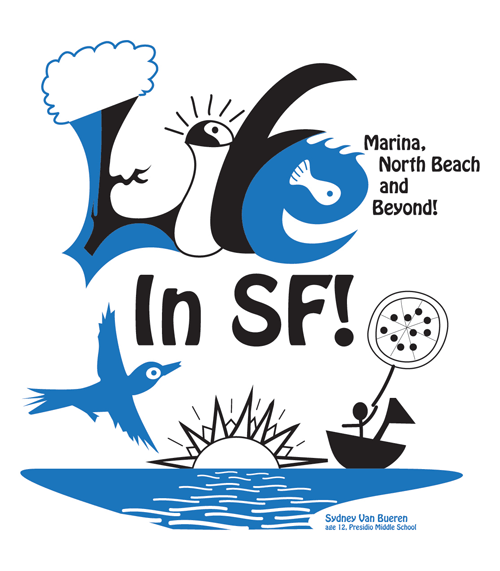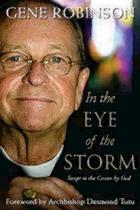 This month we are highlighting a few of the books that generous donors have added to the library collection in the past few months covering a variety of topics including climate change, multicultural history, green design, Web 2.0, genetic engineering, industrial agriculture, and the distribution of wealth. Join us at the Thoreau Center Craft Fair on Wednesday, December 9 from 11:30 to 1:30. Purchase a delicious homemade brownie and your donation will help us provide more library resources to serve your interests. And, if you have books sitting around your office or at home that you’d like to donate to the library, please do. The library can help circulate and share such resources with our Thoreau Center community.
This month we are highlighting a few of the books that generous donors have added to the library collection in the past few months covering a variety of topics including climate change, multicultural history, green design, Web 2.0, genetic engineering, industrial agriculture, and the distribution of wealth. Join us at the Thoreau Center Craft Fair on Wednesday, December 9 from 11:30 to 1:30. Purchase a delicious homemade brownie and your donation will help us provide more library resources to serve your interests. And, if you have books sitting around your office or at home that you’d like to donate to the library, please do. The library can help circulate and share such resources with our Thoreau Center community.Orrin H. Pilkey & Rob Young. The Rising Sea. (2009)
Geologists Orrin H. Pilkey and Rob Young examine the causes and effects of vanishing glaciers, melting ice sheets, rising sea levels, and retreating shorelines worldwide. While not immediately perceptible to all today, global warming is currently altering coastal environments and their human and biological communities, and scientists anticipate that its impacts on our densely developed shorelines will only become more catastrophic in the decades to come. The authors make the case for taking a long-term view and making the hard choices now needed to shape development in a direction more in harmony with nature.
Ronald Takaki. A Different Mirror: A History of Multicultural America (Revised Edition). (2008)
The revised edition of Ronald Takaki's landmark study of the making of multicultural America, recounting the economic and political history of non-Anglo peoples of the United States: African Americans, Asian Americans, Irish Americans, Jewish Americans, Mexican Americans, Muslim Americans, and Native Americans. A complex and sobering examination of ethnic identity and the question of what it means to be an American, Takaki also brings to life the words, stories, and feelings of ordinary people through the use their folk songs, poetry, letters, and memoirs.
George M. Woodwell. The Nature of a House: Building a World that Works. (2009)
George M. Woodwell, founder and director of the Woods Hole Research Center, recounts the challenges faced by that organization as they transformed a nineteenth century mansion and its nine acres into their new office building and campus while staying true to their ecological principles by using "state-of-the-shelf" green building techniques and materials. For Woods Hole, it was the opportunity to demonstrate the transitions that need to be made in our thinking about how we design, reuse, and live in the built environment in response to the challenges of climate change and environmental degradation.
Claire Hope Cummings. Uncertain Peril: Genetic Engineering and the Future of Seeds. (2008)
Focusing on the plight of seeds as the common heritage of all humanity, Cummings condemns the use of biotechnology in agriculture, arguing that the development of patented and genetically altered seeds perpetuates the ills of today's industrialized food system and undermines the autonomy of farmers, all within an inadequate regulatory framework that does little to ensure the safety of genetically engineered foods for the consumer. As the alternative, she presents the stories of local communities that are using organic farming and other methods to produce food and fuel sustainably while preserving and restoring the integrity of both natural and cultural systems.
David Bollier. Viral Spiral: How the Commoners Built a Digital Republic of Their Own. (2008)
David Bollier is a journalist, activist, and public policy analyst as well as Editor of Onthecommons.org and cofounder of Public Knowledge. In this book, he has written a narrative history of the emergence over the past decade of the electronic "free culture" movement, an eclectic and global collection of techies, lawyers, artists, musicians, scientists, and businesspeople building a digital commons committed to freedom and innovation. In resistance to centalized control, hierarchies of credentialed experts, and draconian intellectual property rights, this movement has worked to create a radically different order based on open access, decentralized creativity, collaborative intelligence, and cheap and easy sharing.
Gar Alperovitz & Lew Daly. Unjust Deserts: How the Rich are Taking our Common Inheritance. (2008)
The distribution of income and wealth in the United States is more unequal today than at any time since the 1920s. In this examination of wealth creation, the authors argue that research demonstrates that much of the success of the wealthiest individuals in fact results from the unjust appropriation of inherited knowledge owned by society at large. They articulate a new political case for the redistribution of wealth, based on the understanding that the source of that wealth is society itself.






















